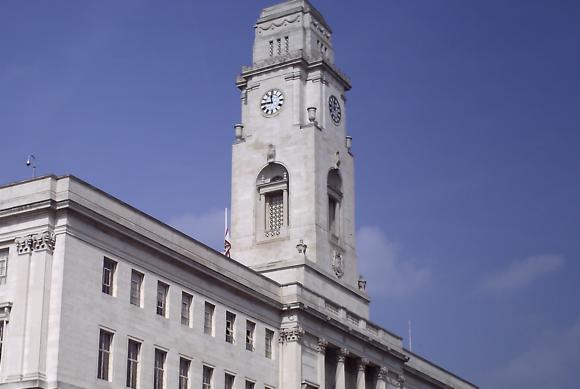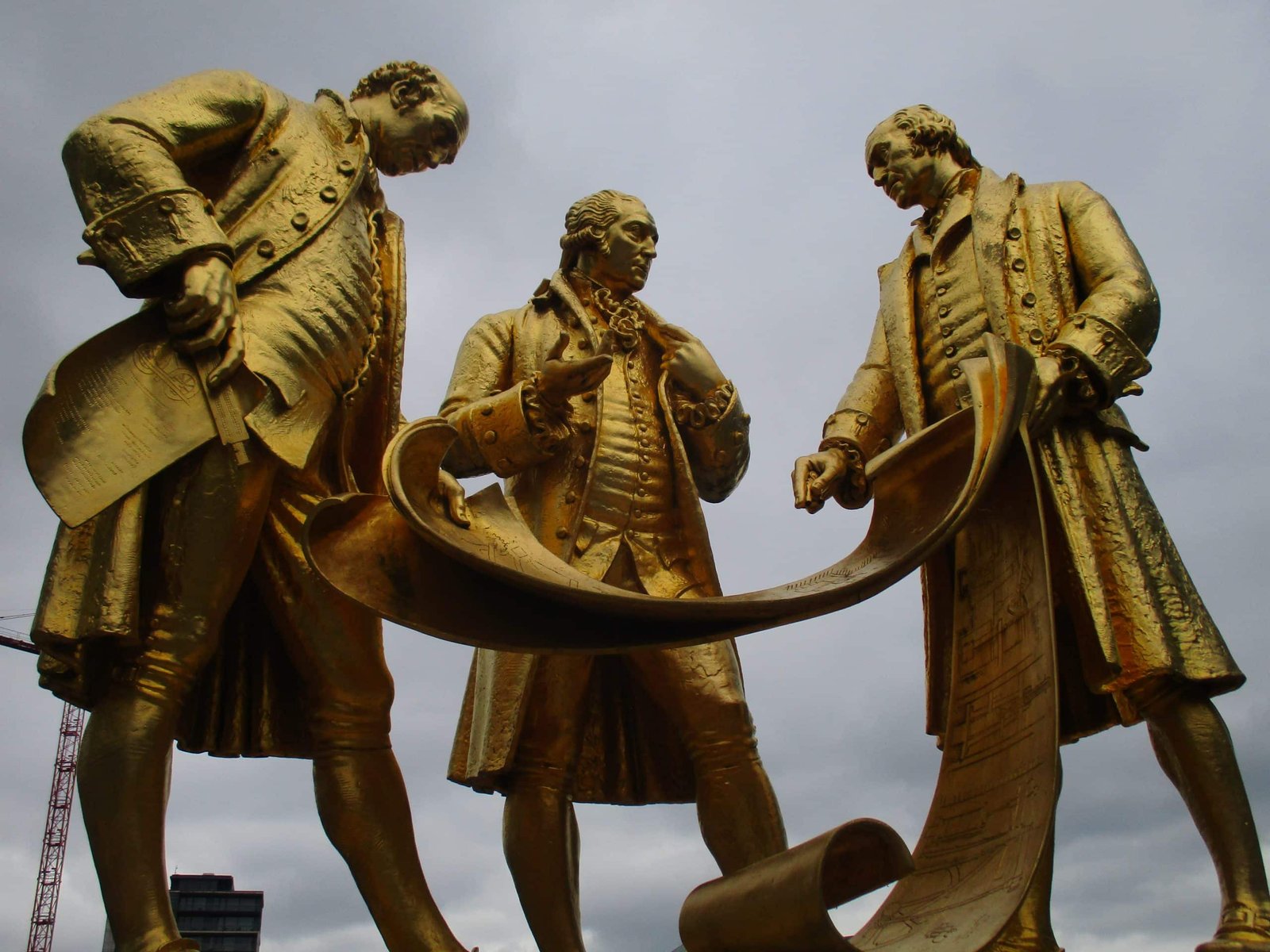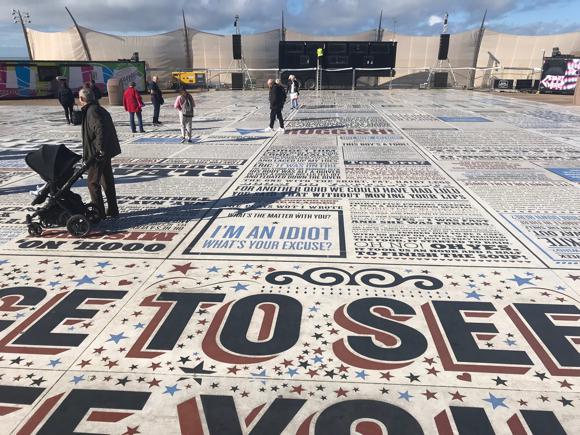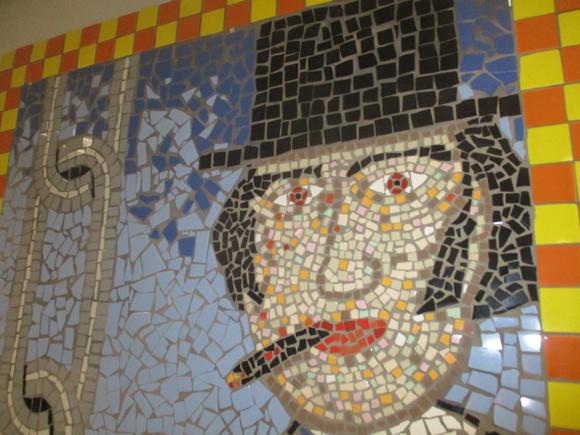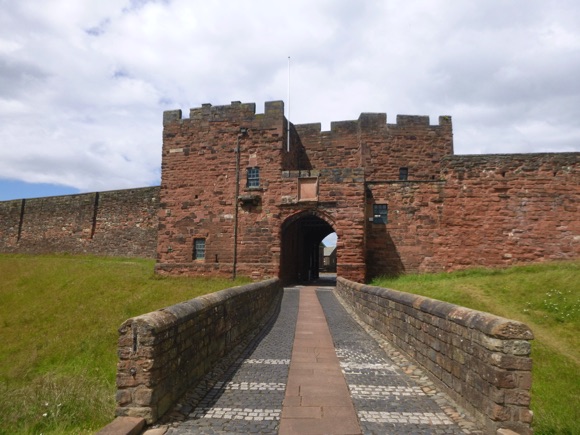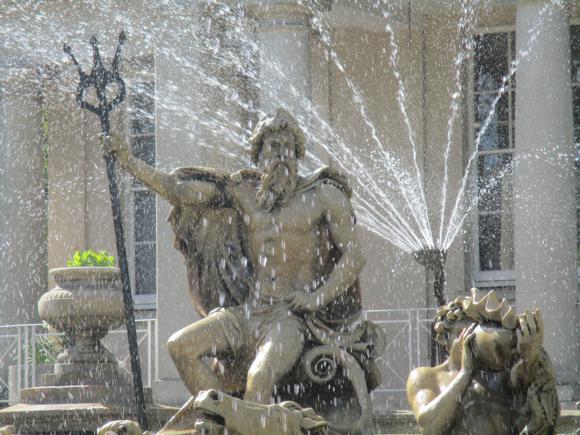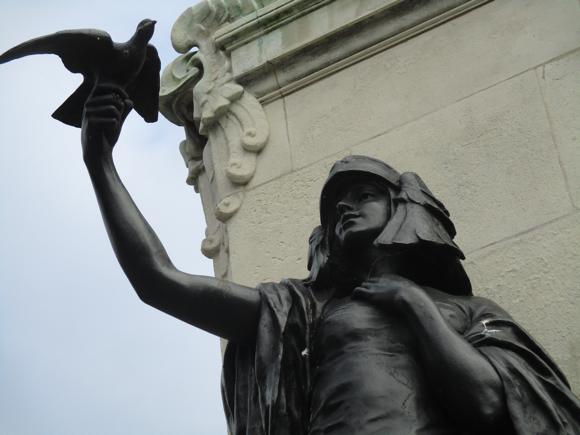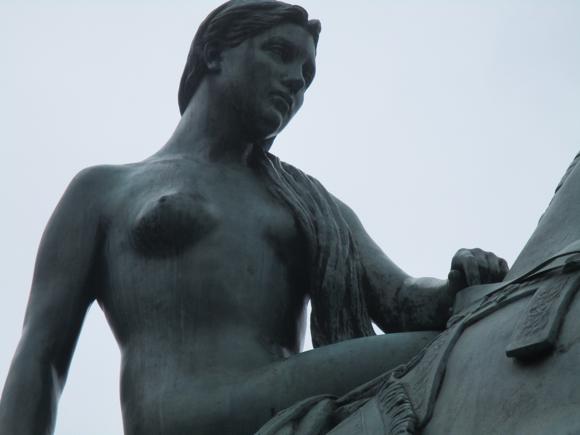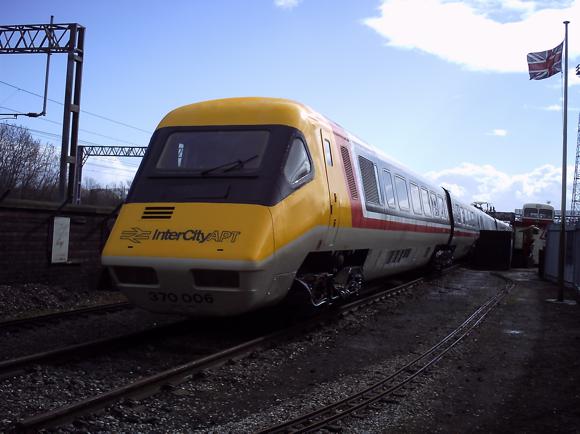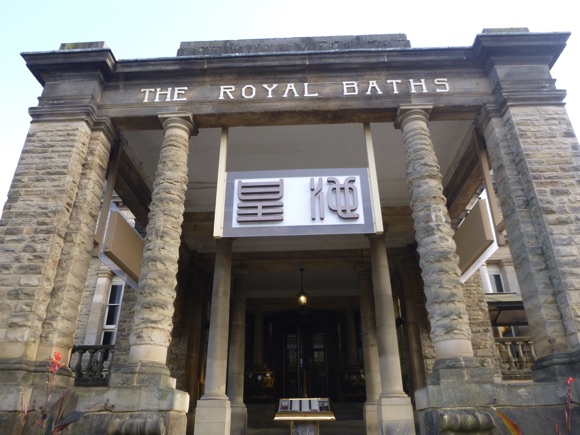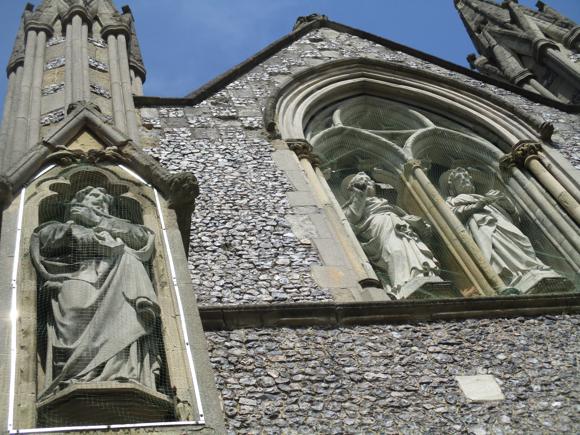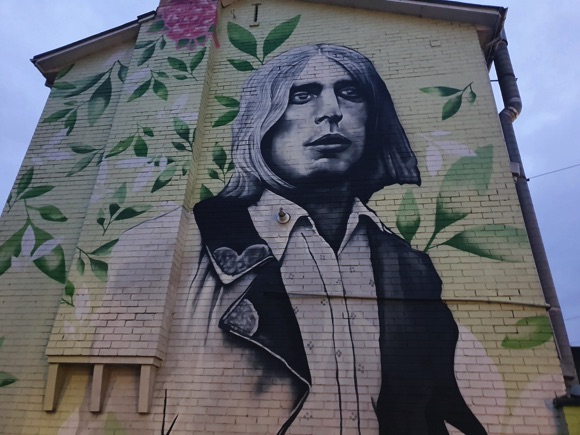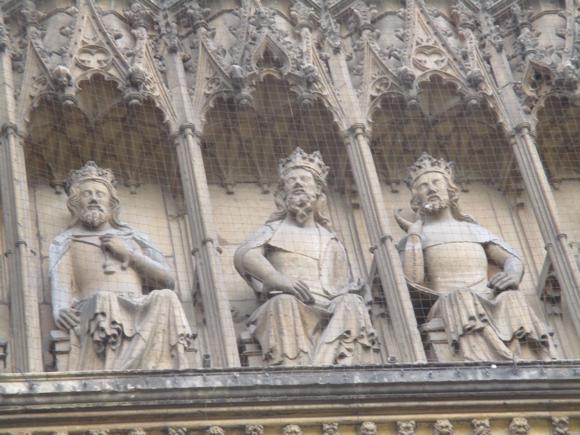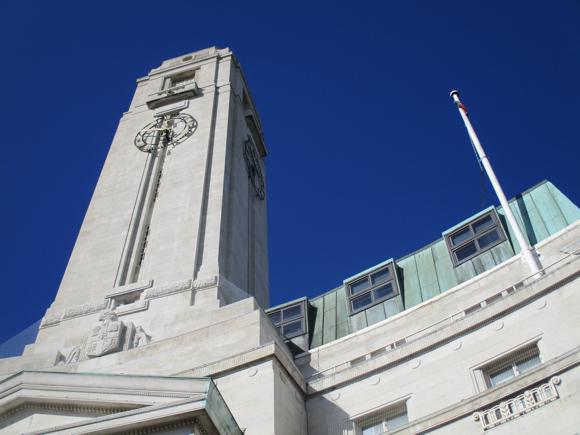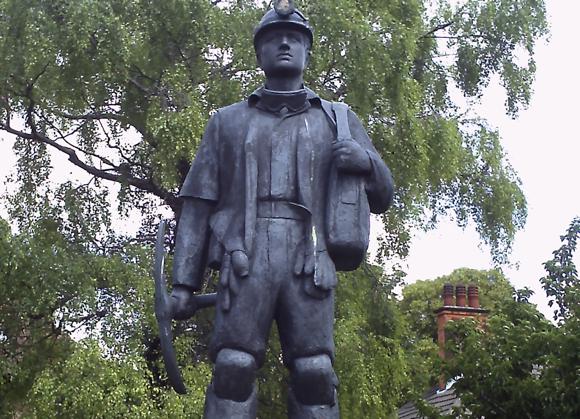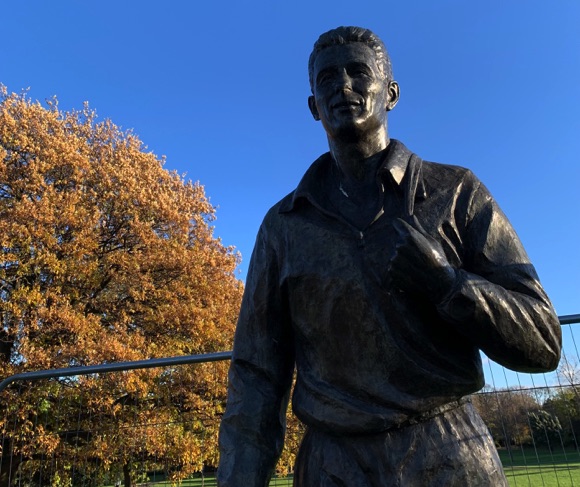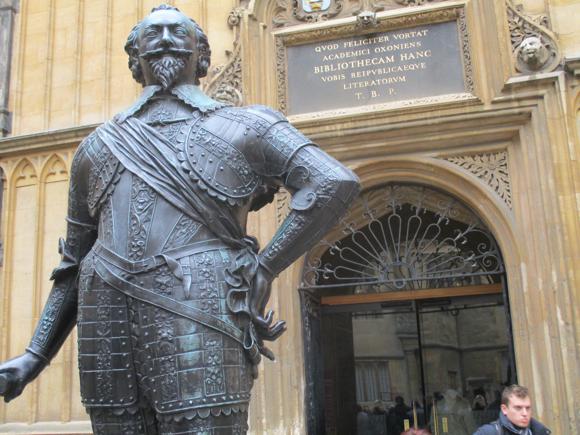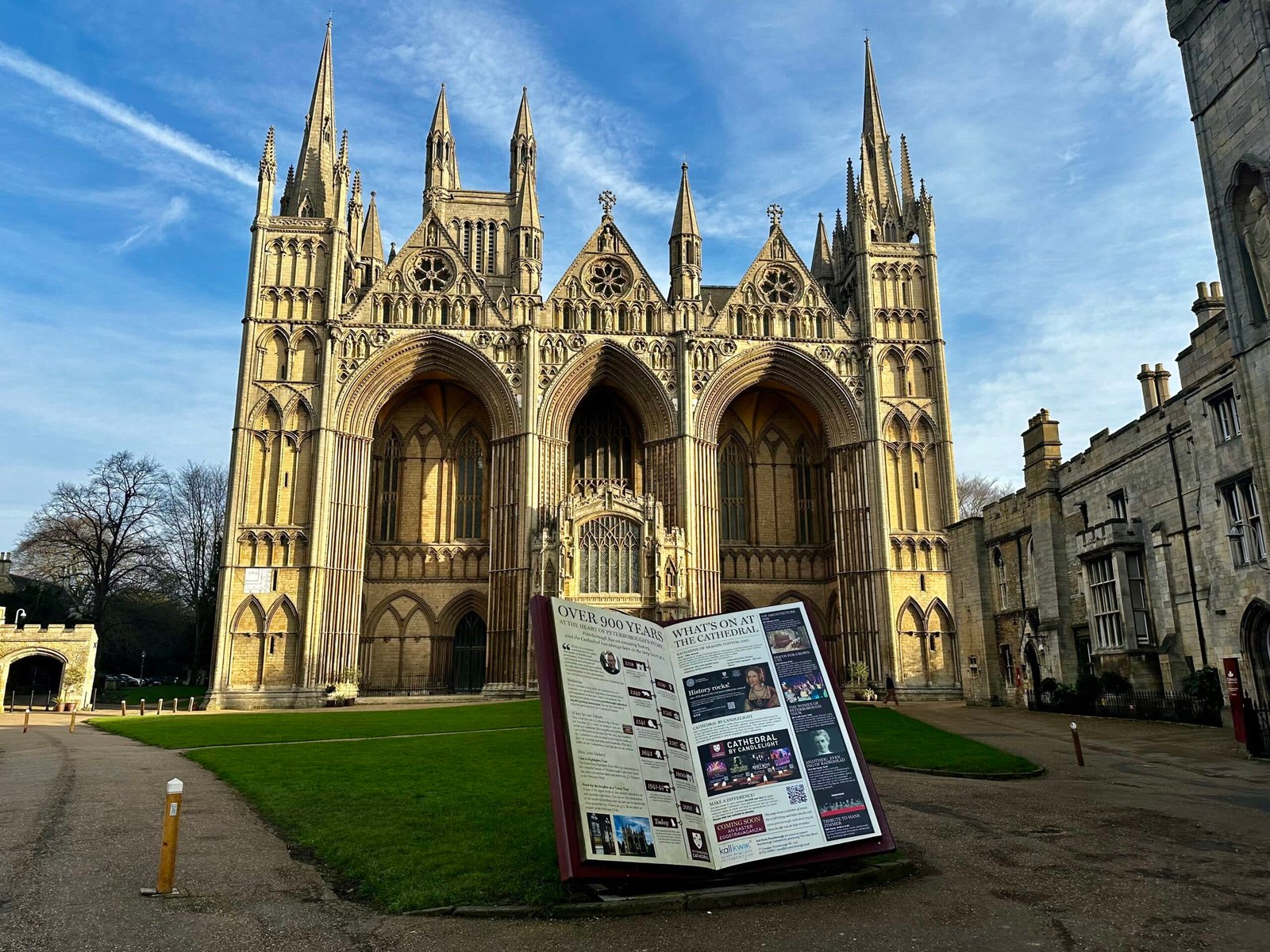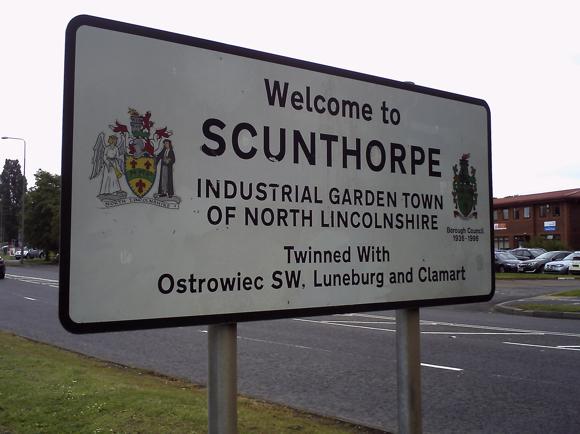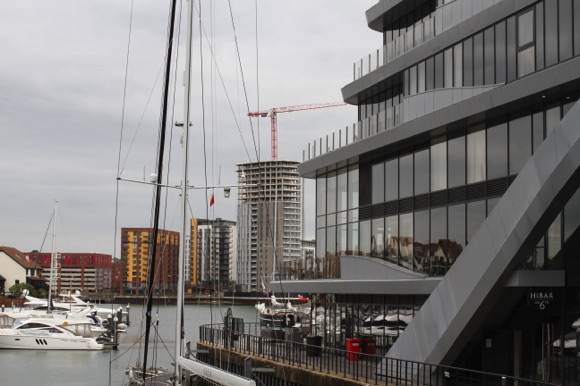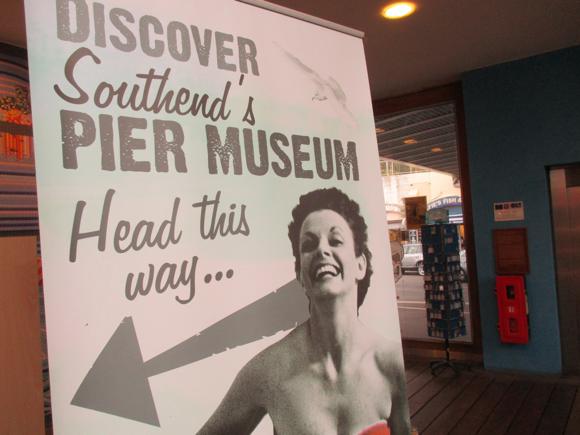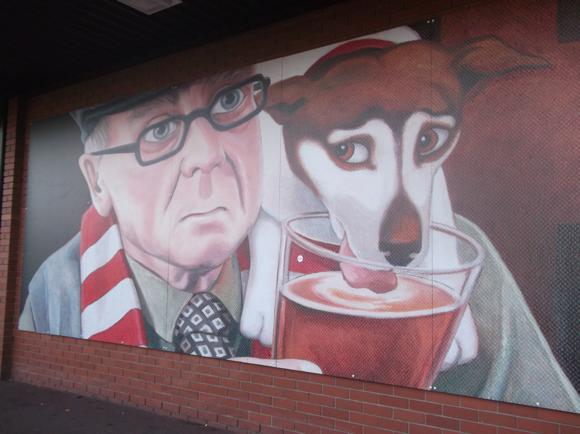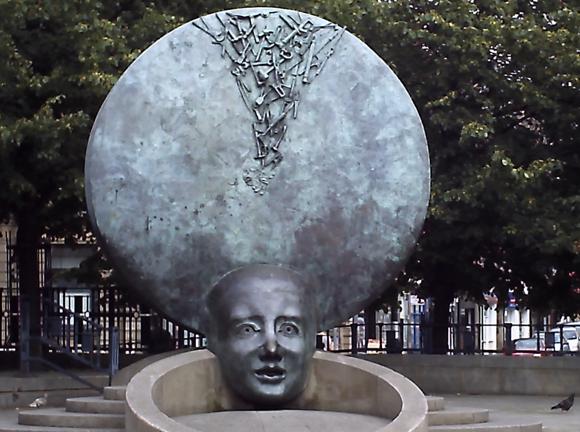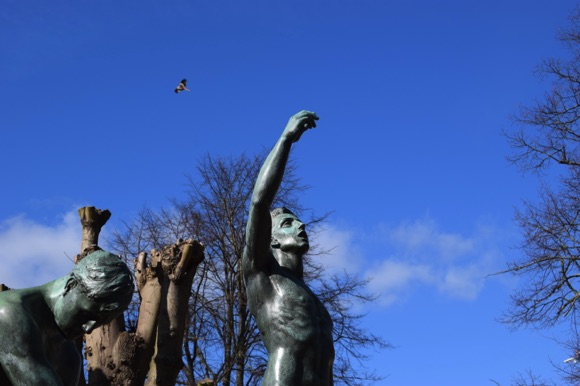Teams, tales and tips – a guide to the local game
Blackburn is home to one of only two clubs outside of Manchester and London to have won the Premier League, Jack Walker’s Blackburn Rovers, crowned champions in 1995. But this East Lancashire mill town also ruled the domestic game a century before – even before Rovers became inaugural members of the Football League in 1888. A sea change in English football took place in the longer established FA Cup – with Blackburn at the helm.
From its foundation in 1871, the Football Association Challenge Cup was dominated by teams of public school old boys and well-to-do amateurs. Their game involved one player taking the ball as far as he could before being bundled over by the opposition – who then charged upfield in just the same way. Short of catching and carrying, it bore more resemblance to rugby.
One team differed. Royal Engineers were innovative exponents of passing and teamwork, the so-called combination game.

The Royal Engineers were also the first team to go on tour, playing in Sheffield in 1873. Watching that day was Jack Hunter, a half-back for Sheffield Heeley.
The 1870s also saw football take off in industrial Lancashire. Blackburn alone had a dozen clubs, so many that an Association Challenge Cup was established just for the city itself.
The biggest club, Rovers, were formed at the St Leger Hotel on King William Street in 1875. Their main rivals, Blackburn Olympic, were created three years later from an amalgamation of Black Star and James Street.
Jack Hunter joined Olympic in 1882. Like many of his later team-mates, he ran a local pub – Olympic’s pitch was even named after its adjoining hostelry, the Hole I’ Th’ Wall. In 2015, the pub was put up for sale, despite local protests.

Back in the 1880s, running a pub and running out for the local club made logistical, even economic sense. To the dismay, even disgust, of the southern amateurs, payments by means of compensation were being made to the tradesmen, weavers and factory workers who comprised the burgeoning teams from Lancashire.
The crunch came in 1883. The year before, Rovers had been the first northern club to reach the FA Cup final. After Olympic beat Old Carthusians in the semi-final of 1883, captain and coach Jack Hunter took the team away to Blackpool for several days’ training, revolutionary for the time. For the final against Old Etonians, Hunter took up a centre-half position, constantly organising his defence throughout the game to win the day. The amateur era was over.
Then it was Rovers’ turn, winning the cup three times running. All tolled, the trophy stayed in Blackburn for four years straight – and the north or Midlands for the rest of the century.
Ironically, the open professionalism that soon came spelled the end for Olympic, whose key players went to wealthier Rovers or Preston. When the Football League was formed by and for the professional clubs of the north in 1888, only one club was allowed per city. Dominant Rovers were Blackburn’s.

The clubs that were left out, Blackburn Olympic, Newton Heath (later Manchester United) and others, formed the short-lived Combination League. In 1889 Olympic folded.
The following year, nearby Burnley beat Rovers to win the Lancashire Cup and a new local rivalry was born. The East Lancashire derby saw epic clashes either side of World War I, and again in the late 1950s and early 1960s, when Rovers fan Jack Walker would watch from the terraces.
Meetings in the modern era were more rare, as steel millionaire Walker bankrolled the moribund Rovers back to the top flight, leaving Burnley behind.
It didn’t last. The two shared the same league again in 2000-01, violent derby-day scenes the result and high security the consequence from then on. Walker, meanwhile, died on the eve of that 2000-01 season, his statue at Rovers’ Ewood Park a testament how a working-class local could take on the English football establishment and win.
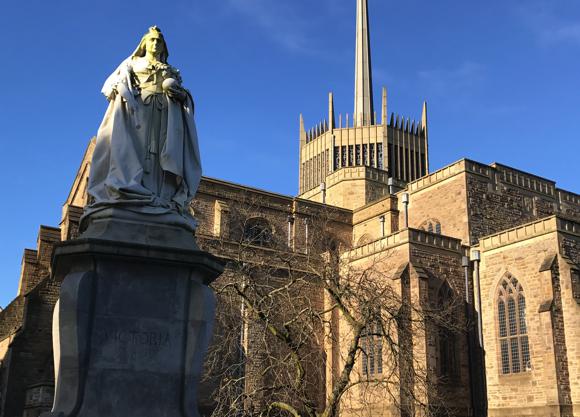



Getting Around
Arriving in town, local transport and tips
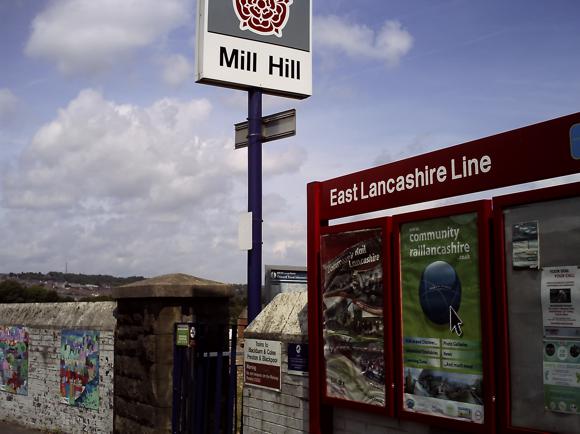
The nearest major airport to Blackburn is Manchester, 68km (42 miles) away. A train from Manchester International to Blackburn (£15) takes 1hr 30mins, including a change at Bolton. From Manchester Victoria, a half-hourly train (£5) takes about 1hr. From London Euston, the cheapest, quickest route by train is via Preston (3hrs, £50-£80. Adding a PlusBus supplement (£2.50) also allows you to use most local bus services all day once you arrive.
Blackburn main station is centrally located and but a fair trek from Ewood Park. Closer is Mill Hill, a 15min walk away – hourly trains (£2.50) from Blackburn take 3min.
City Taxis (01254 696 996) is a local cab firm. Transdev Blackburn runs local buses, offering online ticket purchase, including the Blackburn Local 1 one-day pass (£4 on board).
Where to Drink
The best pubs and bars for football fans





Right in town on King William Street, you’ll find microbrews and a music-savvy crowd at the Drummer’s Arms, with early-evening closing during the week. Nearby on Northgate, The Blackburn Times focuses on TV sport, with ten screens and a decorative nod to local football history. Blessed with a jukebox, live music venue Sir Charles Napier on Limbrick also shows sport.
An easy hop from the station on main Darwen Street, The Postal Order is a large, well-appointed Wetherspoons. By Blackburn market, The Sun offers TV sport, pool and darts.
A short taxi or bus hop from Blackburn, the Clog & Billycock at Pleasington is known for its food. A roaring fire in winter and leafy garden terrace in summer bring many out to this rural idyll.
Up in the picturesque village of Mellor Brook, connected by bus to Blackburn, the Feildens Arms has its own distinctive take on rural, with TV sport, a great selection of ales and home-made pies. On-site, en-suite rooms can reserved, too.
Where to stay
The best hotels for the ground and around town
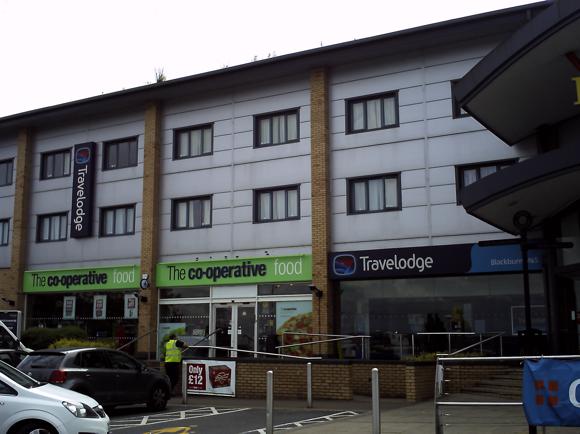
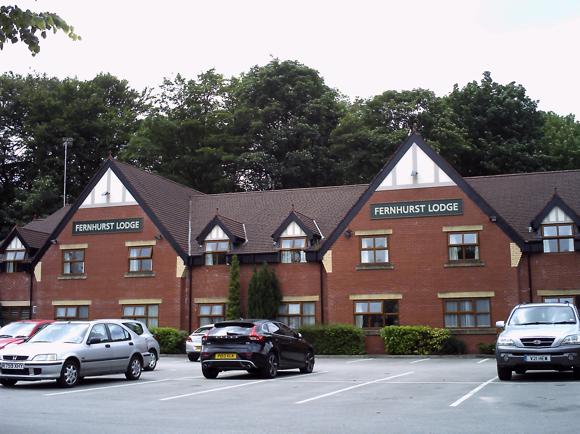
Visit Blackburn has database options of the limited local accommodation in town and surrounding area.
A couple of hundred yards from Ewood Park, Fernhurst Lodge is ideal for that overnight away visit, particularly given the dearth of local hotels. Its large pub is used pre-match, these days by home fans only. The Fernhurst is also family-friendly, with a children’s playground, child-care service and restaurant.
A Premier Inn stands 40 yards from Blackburn station on the town’s grandly named and re-imagined Boulevard. Besides a couple of desultory guesthouses in town, other accommodation options are either just the other side of Ewood Park towards Darwen or north to Mellor.
Most conveniently for away fans coming by car, there are a couple of chain lodgings by the M65 Darwen motorway service area, about a mile’s walk from the stadium. These include another Premier Inn, with a Brewer’s Fayre pub, the Oakenhurst Farm, attached, and, slightly further from Ewood Park, the Travelodge Blackburn M65.

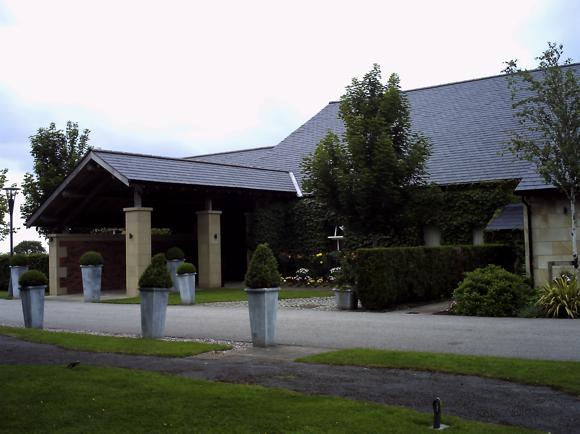


If you’re going to stay in Darwen, also convenient for Ewood Park along the A666 or by the regular bus 1 to Blackburn that stops at the stadium, the best choice is the Whitehall Hotel. Dating back to 1898, the well-appointed Whitehall contains many period features and a decent restaurant in a fine moors setting.
Alternatively, you could make a weekend of it by staying north of Blackburn around Mellor. Stanley House is an award-winning spa retreat in the rural Ribble Valley, built by Fred Walker, brother of Rovers benefactor Jack. It’s just off the A677 Preston New Road, served by bus 59 to Blackburn.
Also superbly set, the Millstone at Mellor offers 23 country-style rooms, a quality restaurant and craft beers from a partner brewery. From here, the 25 bus takes you into Blackburn.
The Feildens Arms in pretty Mellor Brook, connected by bus to Blackburn, has a en-suite rooms above an excellent pub with TV sport.



